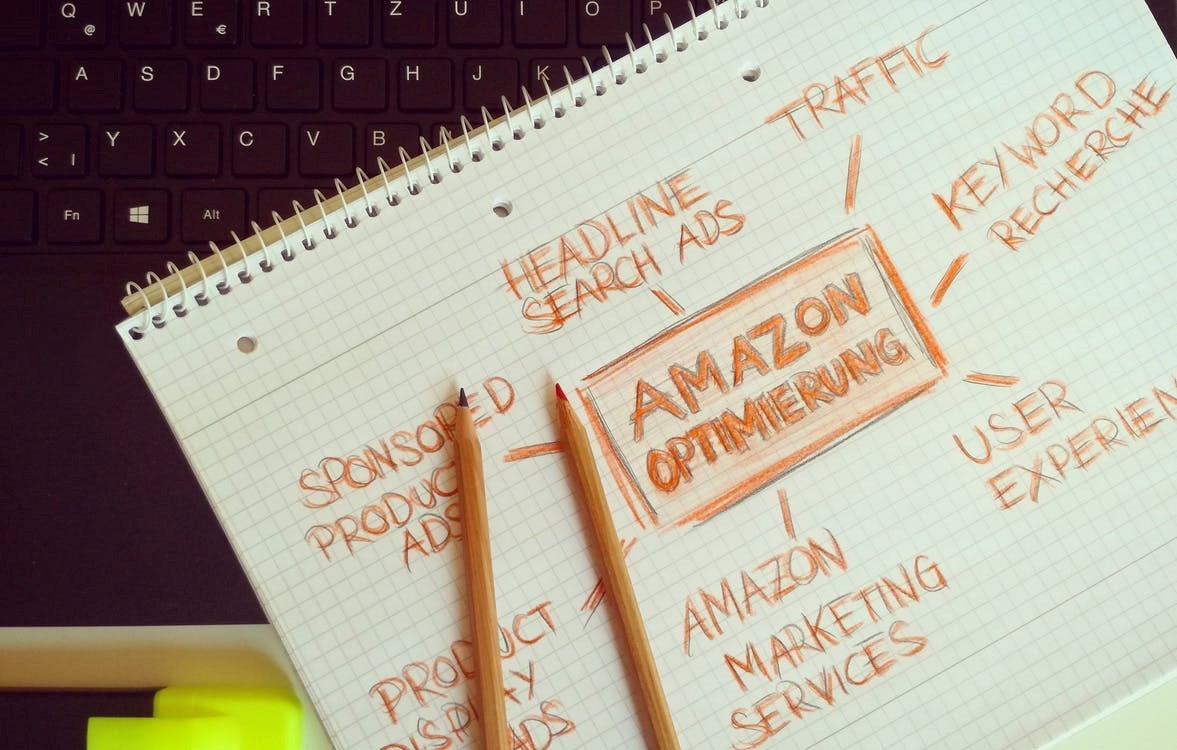So, you are a self-made entrepreneur with a business idea of gold and the initiative to get it off the ground and running. As you look around, you see several routes to e-commerce success, but turn your gaze to the big behemoth: Amazon. After all, Amazon has over 6 million sellers. There’s no doubt you’re wondering if your business ready to break into the Amazon Marketplace.

Well, the answer might be yes. Amazon and resources like projectfba.com have made it easier to become a successful seller. However, before committing, you’ll want to know what you’re getting yourself into.
Here are several factors you need to consider before becoming an FBA seller.
Easy Introduction
Amazon has made a platform where sellers can sign up in just a few minutes and have listings live very quickly. This e-commerce site has made it functionally easy to begin selling and has the name to bring in customers. But, selling on Amazon is about more than how simple it is to sign up.
Competitive Nature
A flip side to an easy introduction is the level of competitiveness with other sellers. Many brands and companies have begun listing similar products, which may make it harder to attract customers. To rise above, you may be spending a lot of time just differentiating your products from the other similar sellers.
It is not unusual to find dozens, even hundreds, of resellers with similar products. It creates product crowding and price competition where sellers are likely to ignore suggested retail pricing and accept low margins to increase sales.
Amazon Makes the Rules
This can be a pro or con, depending on the seller. Amazon makes the rules and can use massive amounts of customer purchase and search data but only shares minimum information with sellers. If you are confident you can work around this data gap and know your customer base, you can find other methods to advertise your products.
With this control and information, Amazon decides which products to highlight and advertise. Now, if your product is that highlight, it is all well and good. However, if you are not getting in the spotlight, you may have a harder time breaking through.

Fulfillment by Amazon
Fulfillment by Amazon, or FBA, is a program offered to all third-party sellers. You place your product into the company’s fulfillment center network, a customer places an order, and Amazon ships the individual order. This takes the shipping factor out of the seller’s hands.
Products within FBA are eligible for Super Saver Shipping and Amazon Prime, two major programs that improve customer conversion rates for sellers.
This is a win-win for both parties as a seller can guarantee great shipping, and Amazon maintains its reputation for fast, quality shopping experiences. Therefore, with ams fulfillment services, this task becomes easier than ever.
Customer Relationship
When working with Amazon, each purchase is a one-time transaction. You, as the seller, cannot market or re-market to those customers once the sale is made. So, while a personal, non-Amazon channel may allow for continued engagement, you would sacrifice that with an Amazon page.
Secure Distribution
Brands on Amazon are responsible for securing their own distribution. The company will rarely help remove unauthorized resellers, so anyone can sell any product, so long as it is legitimate.
For you, this could mean trademark or copyright issues as someone decides to mimic your product or business plan.
24-Hour Inquiry Response
One of the Amazon rules and expectations for sellers is a strict 24-hour response policy to customer inquiries, any day of the year. This applies to confirmation emails, shipping updates, order cancellation inquiries, and more. Depending on your capacity, this may or may not be a good thing. If you have an avalanche of inquiries regularly, the marketplace may not be the best platform. If you already operate on this type of structure, then welcome!
Bottom Line
Overall, deciding if you’re ready for the big leagues of e-Commerce is up to you. While your products may be generating a profit, you’ll need to consider whether you can stand up against the competition on this platform.
We recommend using a third-party FBA tool to track competitor keywords, product performance, etc. This way, you’ll have a better idea of what works and what doesn’t before hitting the market.


















